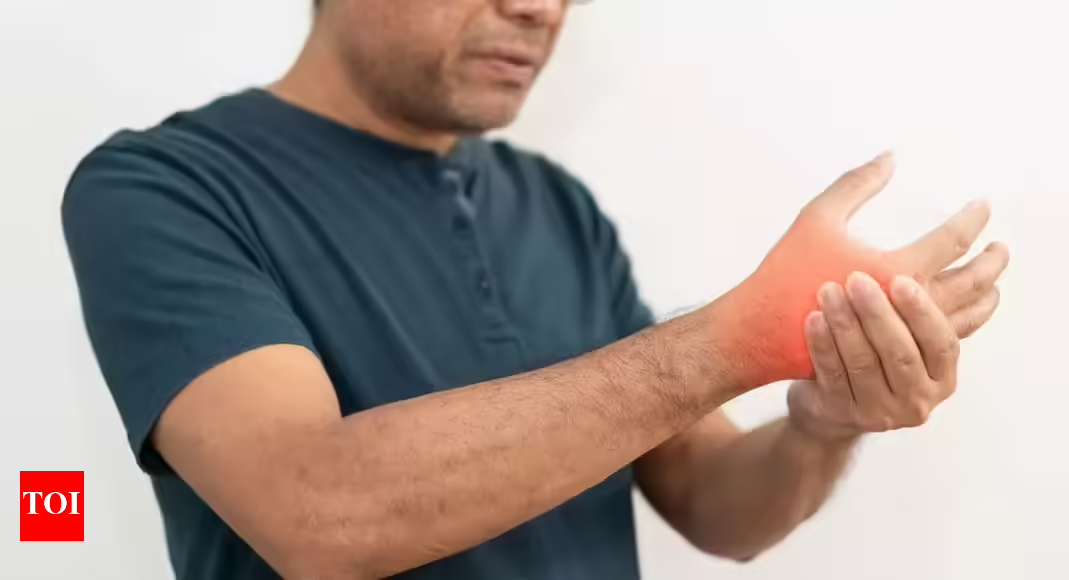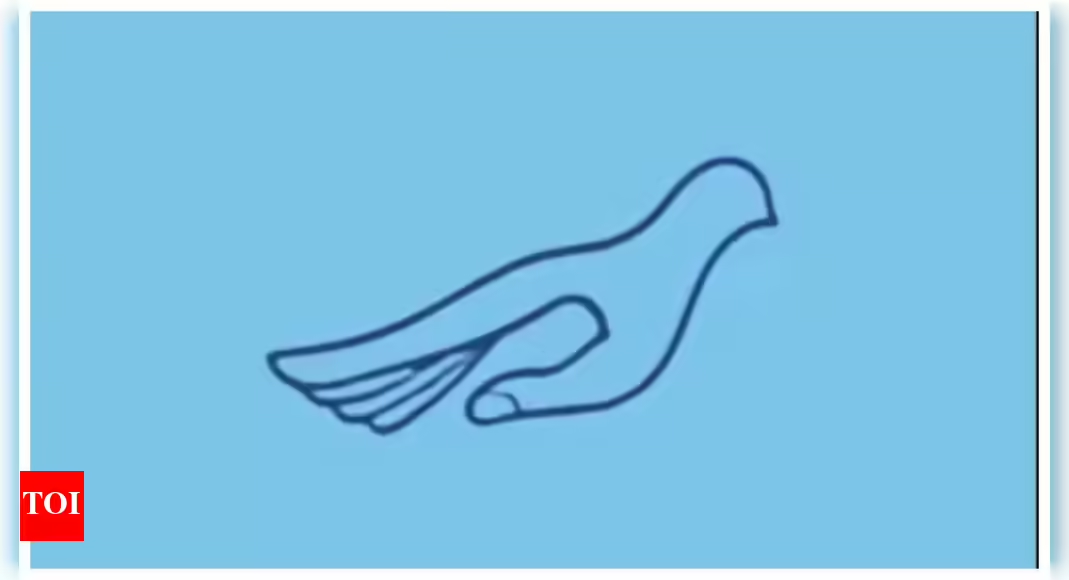Understanding Guillain-Barré Syndrome: A Rare But Concerning Neurological Disorder
Guillain-Barré Syndrome (GBS) is a medical term that might send chills down your spine. Imagine feeling a tingling sensation in your toes, only for it to escalate into muscle weakness and paralysis within days. This rare neurological condition can strike unexpectedly, often transforming everyday lives into a challenging journey of recovery.
What is Guillain-Barré Syndrome?
GBS is a neurological disorder where the body’s own immune system mistakenly attacks the peripheral nervous system—the nerves outside the brain and spinal cord. This interference disrupts communication between the brain and muscles, leading to alarming symptoms like unsteady walking, weakened muscles, and, in severe cases, complete paralysis. Though the initial onset can be gradual, the escalation of GBS can leave patients vulnerable and frightened. The silver lining? Most individuals eventually experience significant recovery with timely medical intervention.
Symptoms to Watch For
While GBS can manifest in various ways, some common warning signs include:
- Tingling or numbness in the hands and feet, often the first clue.
- Rapid muscle weakness that spreads from the legs upward.
- Difficulty walking, which can impair daily activities.
- Severe pain, especially in the legs, as well as speech and swallowing challenges.
- Shortness of breath, particularly if chest muscles are weakened.
In more serious cases, GBS can lead to nearly complete paralysis, requiring close monitoring in an intensive care unit.
Who is at Risk?
GBS can affect anyone but is more prevalent in adults aged 30 to 50. Although it impacts approximately 1 in 78,000 people annually worldwide, the quick onset and life-altering implications make it a medical emergency.
Understanding the Triggers
Interestingly, GBS often follows an infection, particularly from bacteria like Campylobacter jejuni, which is associated with food poisoning. Other infections—be they viral or linked to surgical procedures—have also been noted, although these occurrences are rare. What remains puzzling is why some individuals develop GBS after an infection and others do not.
Seeking Help
Early and accurate diagnosis is crucial. Clinicians evaluate medical history and conduct tests like lumbar punctures and nerve conduction studies to confirm a GBS diagnosis. Prompt treatment can significantly enhance the recovery trajectory, allowing patients to regain strength over weeks or months.
Conclusion
Understanding Guillain-Barré Syndrome is essential for awareness and preparedness. While it remains a rare condition, swift medical care can lead to recovery and a return to daily activities. Stay informed, maintain good hygiene, and always consult healthcare professionals if unusual symptoms arise.
Takeaway: Our bodies are complex systems that can react unexpectedly. Awareness of conditions like GBS empowers individuals to act quickly, potentially saving lives.




